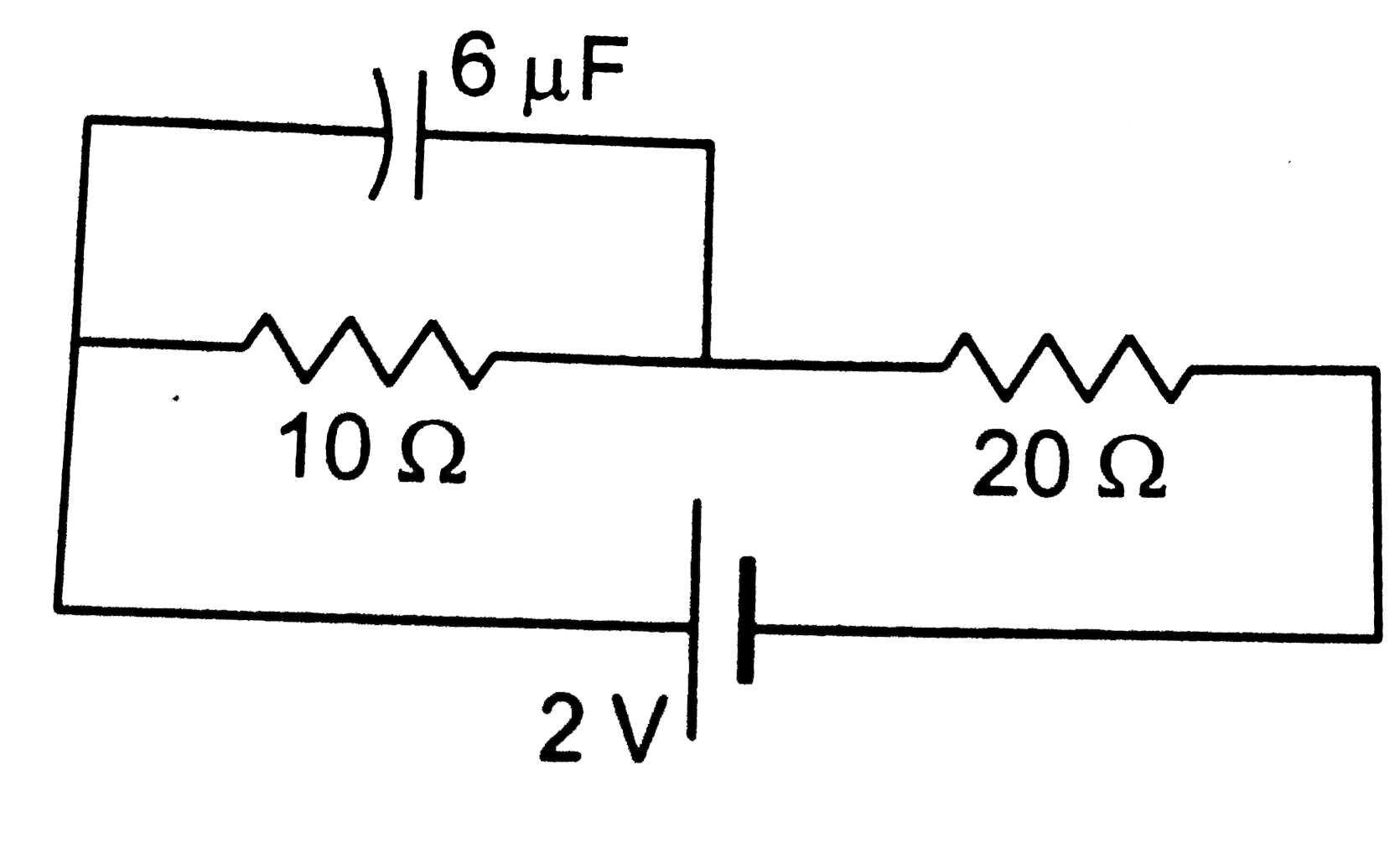If the resultant torque of all the forces acting on a body is zero about a point is it necessary that it will be zero about any other point?
To determine whether the resultant torque of all the forces acting on a body being zero about one point implies that it will also be zero about any other point, we can analyze the situation step by step.
1. Understanding Torque:
Torque (τ) is defined as the product of the force (F) and the perpendicular distance (r) from the line of action of the force to the point about which we are calculating the torque. Mathematically, it can be expressed as:
τ=F×r
2. Torque About a Point:
If the resultant torque about a specific point (let's call it point O) is zero, it means that the sum of all torques due to the forces acting on the body about that point is zero:
∑τO=0
3. Considering Another Point:
Now, let's consider another point P that is not on the line of action of the force. The torque about point P will depend on the perpendicular distance from the line of action of the force to point P.
4. Example Scenario:
Suppose we have a force F acting in a certain direction. The torque about point O (which lies along the line of action of F) is zero. However, if we take point P at some distance away from the line of action of F, the torque about point P can be calculated as:
τP=F×d
where d is the perpendicular distance from point P to the line of action of the force F.
5. Conclusion:
Since the distance d is not zero, the torque about point P will not be zero. Therefore, it is not necessary that if the resultant torque about one point is zero, it will also be zero about any other point.
Final Answer:
No, it is not necessary that the resultant torque will be zero about any other point.
Torque (τ) is defined as the product of the force (F) and the perpendicular distance (r) from the line of action of the force to the point about which we are calculating the torque. Mathematically, it can be expressed as:
τ=F×r
If the resultant torque about a specific point (let's call it point O) is zero, it means that the sum of all torques due to the forces acting on the body about that point is zero:
∑τO=0
Now, let's consider another point P that is not on the line of action of the force. The torque about point P will depend on the perpendicular distance from the line of action of the force to point P.
Suppose we have a force F acting in a certain direction. The torque about point O (which lies along the line of action of F) is zero. However, if we take point P at some distance away from the line of action of F, the torque about point P can be calculated as:
τP=F×d
where d is the perpendicular distance from point P to the line of action of the force F.
Since the distance d is not zero, the torque about point P will not be zero. Therefore, it is not necessary that if the resultant torque about one point is zero, it will also be zero about any other point.
No, it is not necessary that the resultant torque will be zero about any other point.
Topper's Solved these Questions
- ROTATIONAL MECHANICSBOOK - HC VERMA ENGLISHCHAPTER - ROTATIONAL MECHANICSEXERCISE - Exercises
86 Videos
- REST AND MOTION : KINEMATICSBOOK - HC VERMA ENGLISHCHAPTER - REST AND MOTION : KINEMATICSEXERCISE - Question for short Answer
13 Videos
- SIMPLE HARMONIC MOTIONBOOK - HC VERMA ENGLISHCHAPTER - SIMPLE HARMONIC MOTIONEXERCISE - Question for short Answer
15 Videos
Similar Questions
If the angular momentum of a body is zero about some point. Is it necessary that it will be zero. About a differet point?
View SolutionA body is in translational equilibrium under the sctin of coplanar forces. If the torque of these force is zero about a point is it necessary that it will also be zero abut any other point?
View SolutionIf the angular momentum of a body is found to be zero about a point is it necessary that it will also be zero about a different point?
View SolutionThe moment of the force F acting at a point P, about the point C is
View SolutionIf the sum of all the forces acting on a body is zero, is it necessarily in equilibrium ? If the sum of all the forces on a particle is zero, is it necessarily in equilibrium?
View SolutionIf net external force acting on the system is zero then
View SolutionIf the resultant force on a system of particles is non-zero, then:
View SolutionIf the torque on a body is zero, then?
View SolutionFind the charge on the capacitor shown in figure

View SolutionIf the resultant of all the external forces acting on a system of particles is zero. Then from an inertial frame, one can surely say that
View Solution
